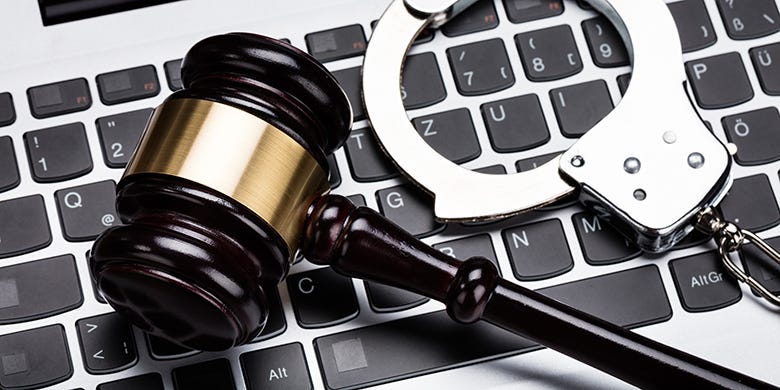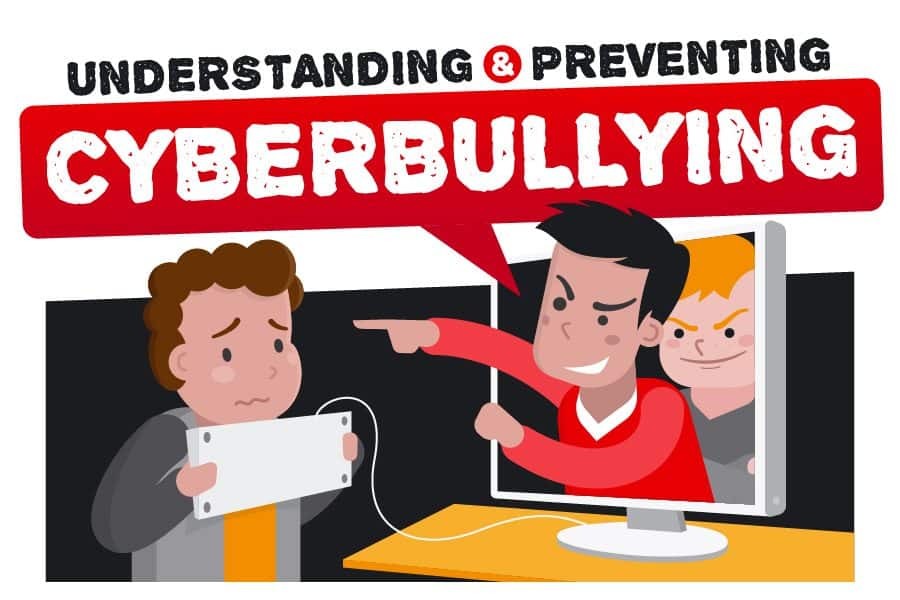Introduction:
In our world where everyone is constantly connected through technology the internet has enabled the growth of a phenomenon called cyberbullying. This term refers to the act of using communication to harass threaten or intimidate others creating social challenges. The increasing occurrence of cyberbullying has sparked worries regarding its ramifications and the necessity, for effective prevention and intervention strategies. As individuals, communities and legislators grapple with the complexities of harassment a fundamental query emerges. However a question arises; Is cyberbullying legally punishable? Let’s investigate the aspects of cyberbullying and unravel the issues related to how it is defined and dealt with in the eyes of the law.

Understanding Cyber bullying:

Considering Cyberbullying from a Legal Angle:
Jurisdiction and the particular acts involved determine the legal status of cyberbullying. Though several states have passed legislation to stop this kind of abuse, there is no federal law that specifically addresses cyberbullying. These regulations usually define cyberbullying, set fines for violators, and offer channels for victims to file lawsuits.

Difficulties in Pursuing Cases of Cyberbullying

Difficulties in the Prosecution:
Conclusion:
Finally, it should be noted that cyberbullying is not only a widespread social problem but also a legal matter with grave repercussions for both offenders and victims. Existing criminal and civil laws provide means of holding criminals accountable and pursuing justice for victims, even as the legal environment around cyberbullying continues to change. We can cooperate to combat this detrimental behavior and advance a culture of respect and everyone’s digital well-being by addressing cyberbullying through a combination of legal measures, prevention efforts, and education activities.
- All Posts
- Uncategorized

Dr. Daniel Davidson, MD, MBA Introduction: The goal of success for businesses nowadays is to establish a global brand because…

Dr. Daniel Davidson, MD, MBA Introduction: Stem cells have captivated the imagination of scientists and the public alike for their…

Dr. Daniel Davidson, MD, MBA Introduction: Platelet-rich plasma (PRP), fat grafting, and dermal fillers made from natural sources are examples…
